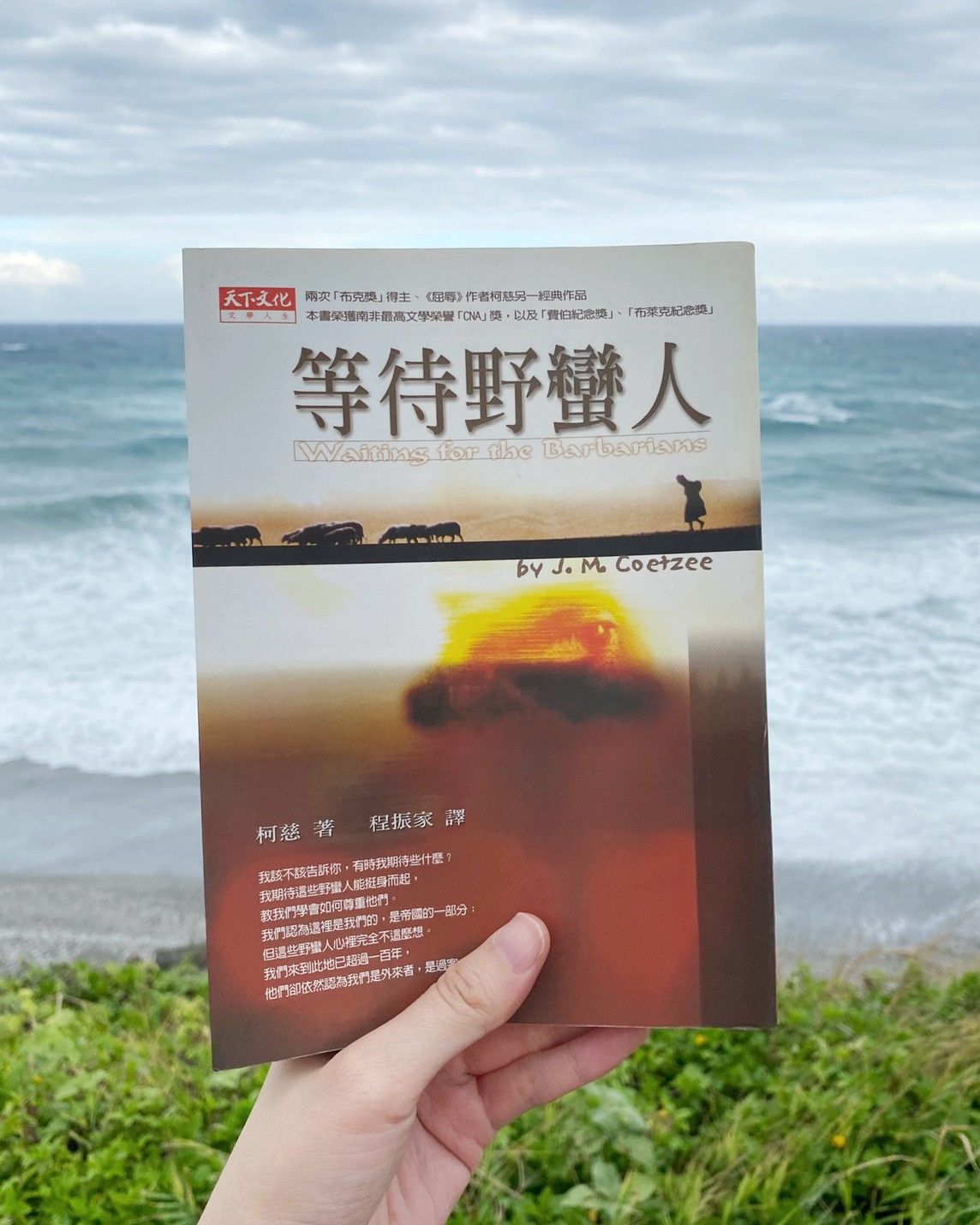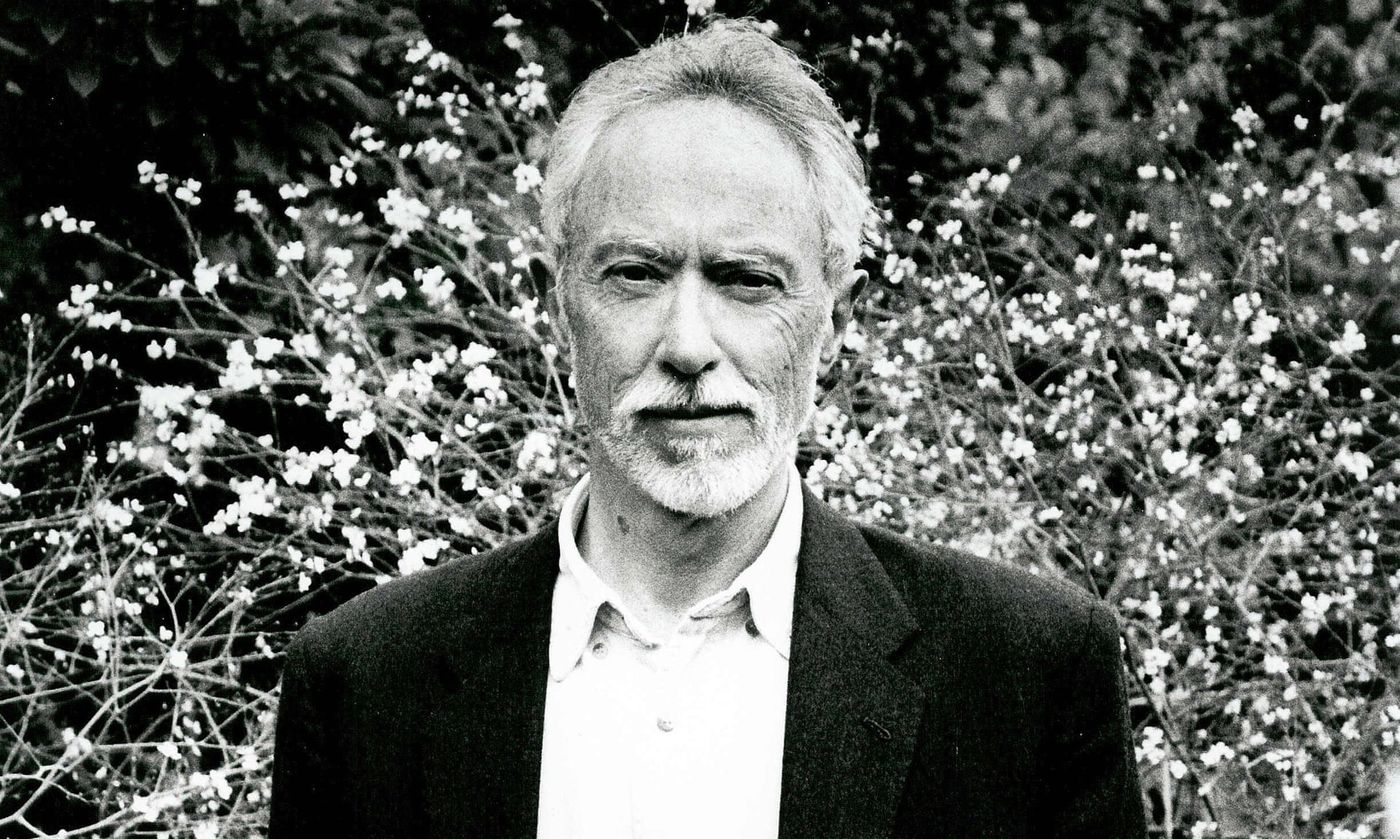
回歸現世生活去,暫不更新,謝謝大家喜歡我過去的文字
Read "Waiting for the Barbarians" Ke Ci|The Barbarians in the Skin of Civilization
"Waiting for the Barbarians" is an allegorical novel based on Constantine P. Cavafy's poem of the same name , set in an undefined time and place by a man who serves as a frontier colony. From the perspective of the sheriff, it tells the story of the empire's crusade against barbarians, bringing out issues such as imperialism, colonial culture, racial barriers, and clashes of civilizations.

beauty in words
Our space is nothing but space, neither inferior nor noble compared to the slums, dwellings, temples and offices of the capital. Space is space, and life is life, no matter where it is. However, due to the lack of civilized vices to distract from my leisure time, I, a person who relies on the labor of others for a living, chose to indulge my own melancholy, trying to find a special and historical pain in the vastness of the desert. How hypocritical, ridiculous, self-righteous! No one saw me, how lucky! —P.29
The author Ke Ci's writing is very charming and has a very visual sense. Sometimes it seems that he is in the torrent of history with the characters; sometimes it is like being in a vast desert; or trapped in a dark cage. And the complex emotions of the protagonist: awe, ridicule, questioning, struggle and lust, etc., are concisely and accurately combined in the atmosphere, with an inexplicable poetic beauty.
Emotional symbol
In "Waiting for the Barbarian," the book describes a process, entangled in complex emotional transitions, and an end that remains unanswered. Taking the aged sheriff "I" as the main body to describe his inner turning point, it seems to be the protagonist's hypocrisy, but its meaning can be interpreted layer by layer. It may be a symbol of others, or an accusation of Western political and moral persecution.
I really didn't mean to get involved in this. I am a local sheriff, an administrative officer in the service of the empire, in this far-flung frontier of the sky-high emperor, waiting for the expiration of the service period and the retirement. I collect parish and income taxes, manage common fields, provide guards, supervise the few officers we have here, keep an eye on transactions, and preside over court business twice a week. At other times, I watch the sunrise and sunset, eat well, sleep well, and feel content. When I die, I hope the Imperial Gazette will publish three lines of fine print for me. What I want is to live a life of Chengping in the era of Chengping. —P.15
I think the most fascinating is the change in the situation and emotional level of the protagonist sheriff. A sheriff who wanted to live in peace, after encountering Colonel Joel, who was sent by the empire to crusade the barbarians, started a series of doubts about himself and the empire.
Pain is truth. Everything else is added with question marks. That's what I learned from my conversation with Colonel Joel. —P.10
In the sheriff's experience in managing the frontier, the savages are a group of poor people who are uneducated, stupid, dirty, and easily deceived by civilized people. In addition to mercy, he must obey the laws of the empire. Although he realized that Colonel Joel was severely tortured by a group of old and weak women and children, the sheriff also chose to turn a blind eye until he could not ignore his own compassion, and then asked himself: "The barbarians are really about to attack as the empire said, or do they create them? illusion?"
But this woman doesn't seem to have an inside, she has only a surface, and I'm going back and forth on it to find the entrance. —P.77
Taking in a tortured and disabled barbarian girl was the sheriff's second psychological turn. He has a distorted love for girls with both atonement and sympathy. He subconsciously seems to think that barbarians are dirty. He always washes the body of girls himself, and yearns for the alien culture on girls. The protagonist constantly tries to understand barbarism through skin-to-skin touch. People, but they don't know that they are ignorantly using the cognition of civilized people to explore her. In fact, it is no different from the colonel's torture.
At this moment, I am repairing the relationship between the future and the past, and I am sending back a body that has been sucked and squeezed out with apology. I, a veritable broker, an imperial lackey in sheep's clothing. —P.129
When sending the barbarian girl home, the sheriff first looked at the barbarian from an equal standpoint, and he was amazed and made the sheriff re-examine himself. See through his own self-esteem; see through his own racial discrimination, but ironically, he still can't break the estrangement between him and the barbarians. He knows neither the barbarian language nor the barbarian culture, so he can only stay on the sidelines. ashamed.
I held up my injured hand, "Look!" I shouted, "We are a great miracle of creation! But once severely wounded, the body of this miracle cannot be restored! How can it be?" I was suddenly at a loss for words. . "Look at these people!" I started again: "People!" Someone in the crowd craned their necks to look at the prisoners, even at the flies that were beginning to settle on the bleeding scabbard. —P.189
The sheriff who returned to the city was convicted by the Empire of conspiring against him, and this was the third turning point during his interrogation in the prison. At this time, his situation was completely reversed, from the original perpetrator to the victim, realizing the value of the barbarians and the necessity of his own resistance to the empire, he was willing to speak up for the barbarians, but did not dare to demand justice. In this chapter, civilization confronts barbarism, which highlights that the Empire is a barbarian who pretends to be a savage in the veneer of civilization.
I am not a man of indulgent love, as I would like to believe, but I am not as cold as a colonel either. I am the lie that the empire told when it was unwilling to face itself during the peace period, and he is the truth that the empire uttered during the storm. We are two sides of the same empire under the rule of the empire, in perfect harmony. —P.238
“Whenever someone suffers from injustice,” I said to myself, “the person who witnesses this suffering is also destined to suffer from shame.” Yet such paradoxical self-consolation does not reassure me. —P.245
The sheriffs in the second half were struggling and repenting. From the beginning to the end, he was thinking from the perspective of a civilized person, and never understood the so-called barbarian. "Barbarian" seems to have become a proper noun, representing an unknown and terrifying existence. Before the barbarians came, the empire plundered resources recklessly in the name of fighting the barbarians. The colonies had already become the biggest victims of the war. The civilized people robbed the civilized people; The old sheriff at the end tried to write the records of the colony in words. It was not so much that he wanted to keep it for future generations, but it was more like writing the last words of the colony, because the barbarians were about to call, and he was powerless.
About the author
Coetzee, whose real name is JM Coetzee, is a South African novelist who won the Nobel Prize for Literature in 2003. The evaluation of the Nobel Prize for Literature is: "Accurately depicts the essence of human nature under many masks." After reading the book, I can really understand why his works have won so many awards, because the content expressed in his works is rich and rich. To be able to interpret it from the historical, political, human and aesthetic levels, only a small part of what I understand.
"Waiting for the Barbarian" has been made into a movie, and the actors include well-known Johnny Depp and Rob Pattinson, but the IMDB score is not high, probably because the beauty of the text and a large number of inner monologues are difficult to present in the film.

Like my work?
Don't forget to support or like, so I know you are with me..
Comment…